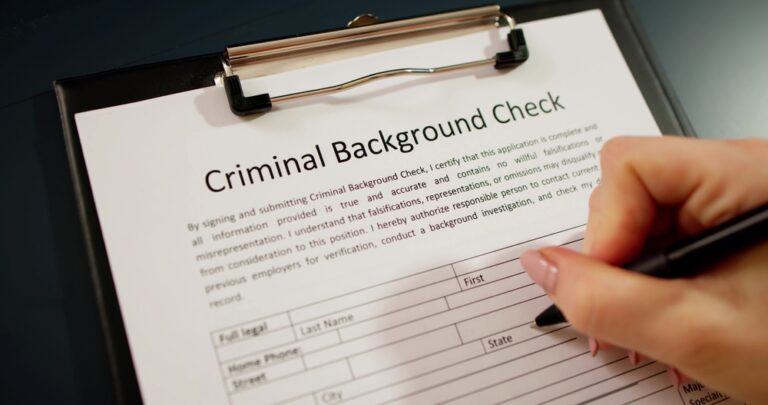DPS License #1607394
You’ve probably heard the term “skip tracing” in crime shows or legal dramas—but what does it actually mean? At its core, skip tracing is the process of locating someone who’s hard to find.
Let’s dig deeper to see what skip tracing actually involves—and why it matters.
What is Skip Tracing?
Skip tracing is the process of locating a person who has “skipped town” or is otherwise difficult to find. It combines public records, databases, and investigative techniques to track down someone’s current whereabouts.
When Is Skip Tracing Typically Used?
Skip tracing is commonly used when someone skips out on a lease, fails to show up in court, disappears after owing money, or needs to be located for service of legal papers. It’s also useful in family law cases, witness location, or even background checks during high-risk hiring.
How Does Skip Tracing Work?
At its core, skip tracing is all about gathering and verifying information to locate someone who’s difficult to find. It relies on both current and historical data to track patterns, movements, and possible contact points.
The process usually begins with basic details like former addresses, previous workplaces, phone numbers, and email addresses. Skip tracers often use people search databases to collect this initial information, as these platforms compile residential histories and other personal data.
From there, the investigation may expand to deeper sources such as property records, utility bills, credit reports, public tax documents, court filings, job applications, and criminal background checks. These records help paint a fuller picture of the person’s history and possible current location.

Social media accounts also play a major role. A skip tracer can analyze posts, connections, location tags, and even digital habits to uncover updated contact details or confirm whereabouts.
By combining multiple data sources and applying investigative logic, skip tracing becomes a powerful tool for locating individuals who don’t want to be found—or who simply fell off the grid.
Tools and Techniques Used in Skip Tracing
Skip tracers use a combination of public records, private databases, social media analysis, and investigative research to locate hard-to-find individuals. Common tools include address history reports, phone number lookups, utility records, court filings, and online activity tracking.
Who Can Use Skip Tracing?
Skip tracing isn’t just for private investigators or bounty hunters—it plays an essential role across a wide range of industries. Anytime an individual or organization needs to locate someone who’s difficult to find, skip tracing can be the key to unlocking the right information.
Here are some of the professionals and sectors that rely on skip tracing services:
- Debt Collectors – To find individuals with unpaid debts.
- Real Estate Agencies & Landlords – To locate former tenants or verify applicant info.
- Repossession Companies – To recover vehicles or assets from hard-to-find owners.
- Legal Professionals – To track down witnesses, defendants, or serve legal documents.
- Law Enforcement – As part of investigations when traditional methods fall short.
- Insurance Investigators – To verify claims and uncover potential fraud.
- Employers & Rental Agencies – For background and identity verification.
- Genealogists & Individuals – To reconnect with lost family or research family history.
Whether it’s for legal, financial, or personal reasons, skip tracing helps professionals find the right person—fast.
Is Skip Tracing Legal?
Yes—skip tracing is legal when conducted within the bounds of the law. Professionals must follow regulations like the Fair Credit Reporting Act (FCRA) and avoid illegal practices such as harassment, misrepresentation, or unauthorized access to sensitive data.
Why use Cutty & Associates for Professional Skip Tracing
We offer professional skip tracing services in Phoenix and bring over 20 years of valuable experience in recovery services. To learn more about how we can help, give one of our recovery specialists a call today.



